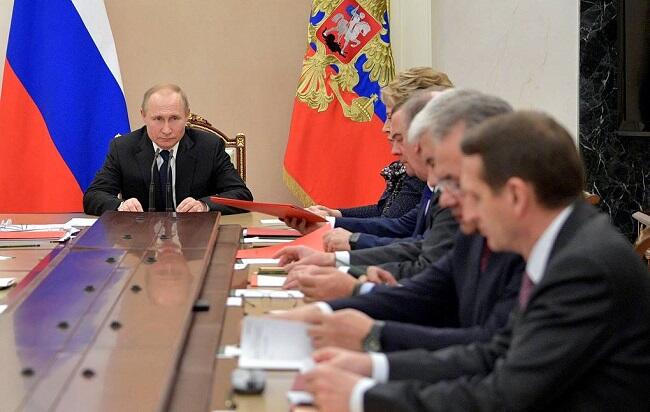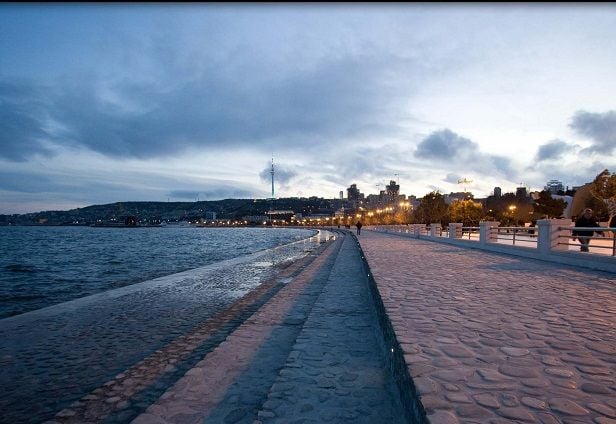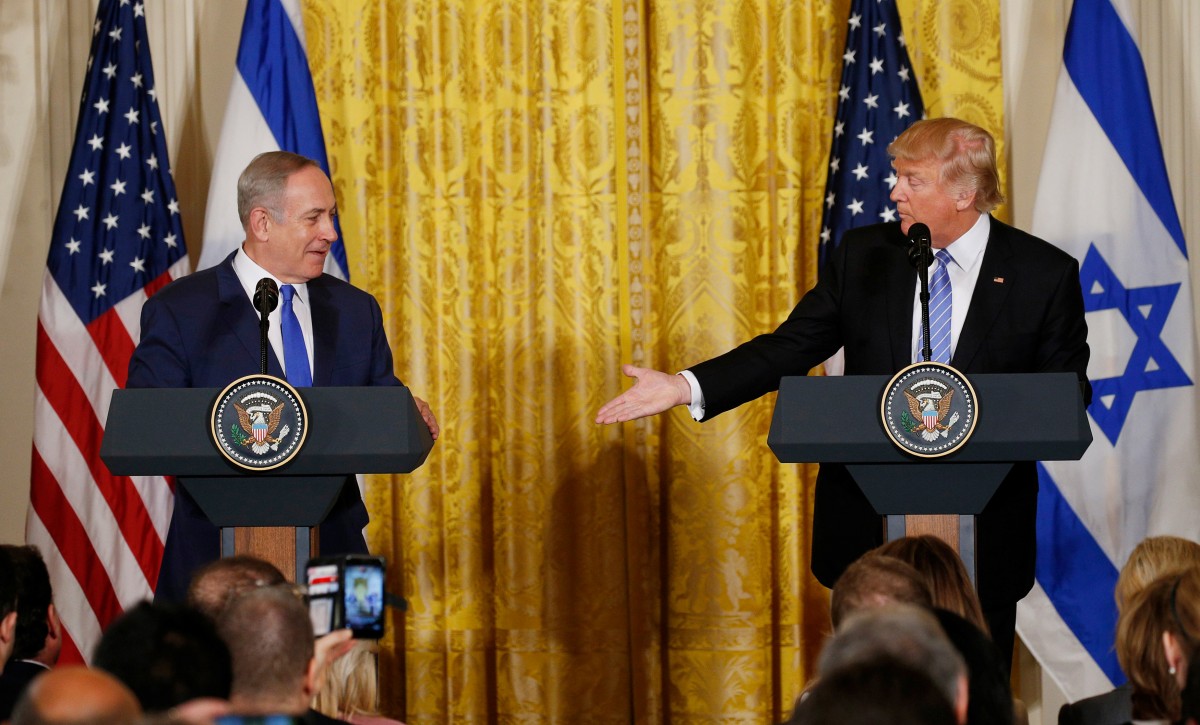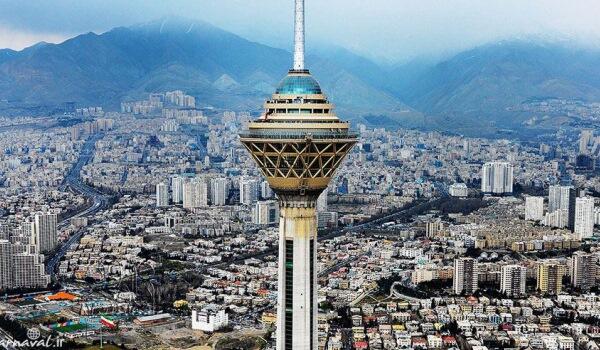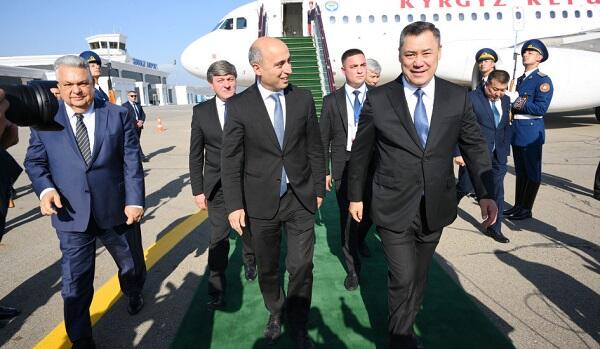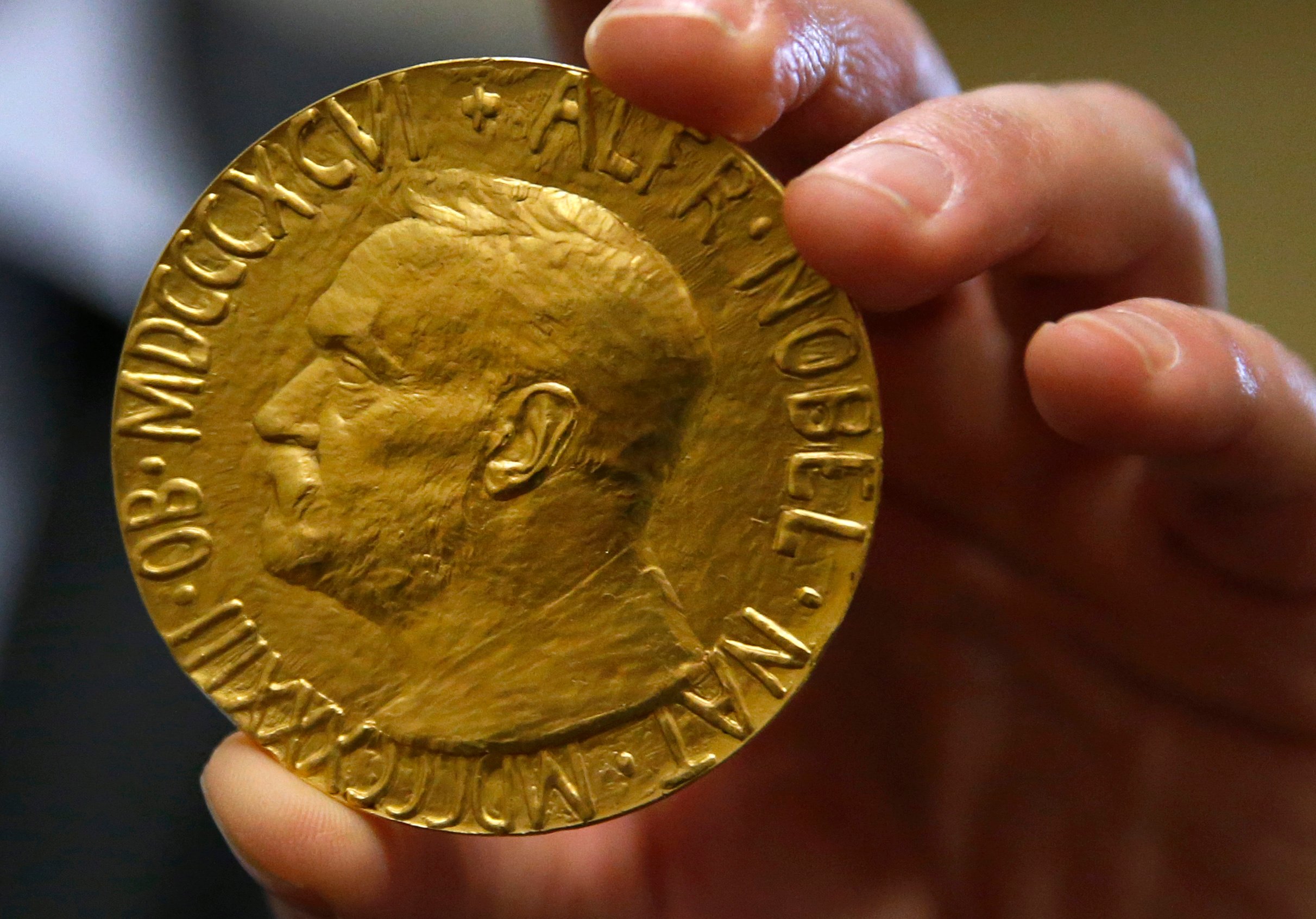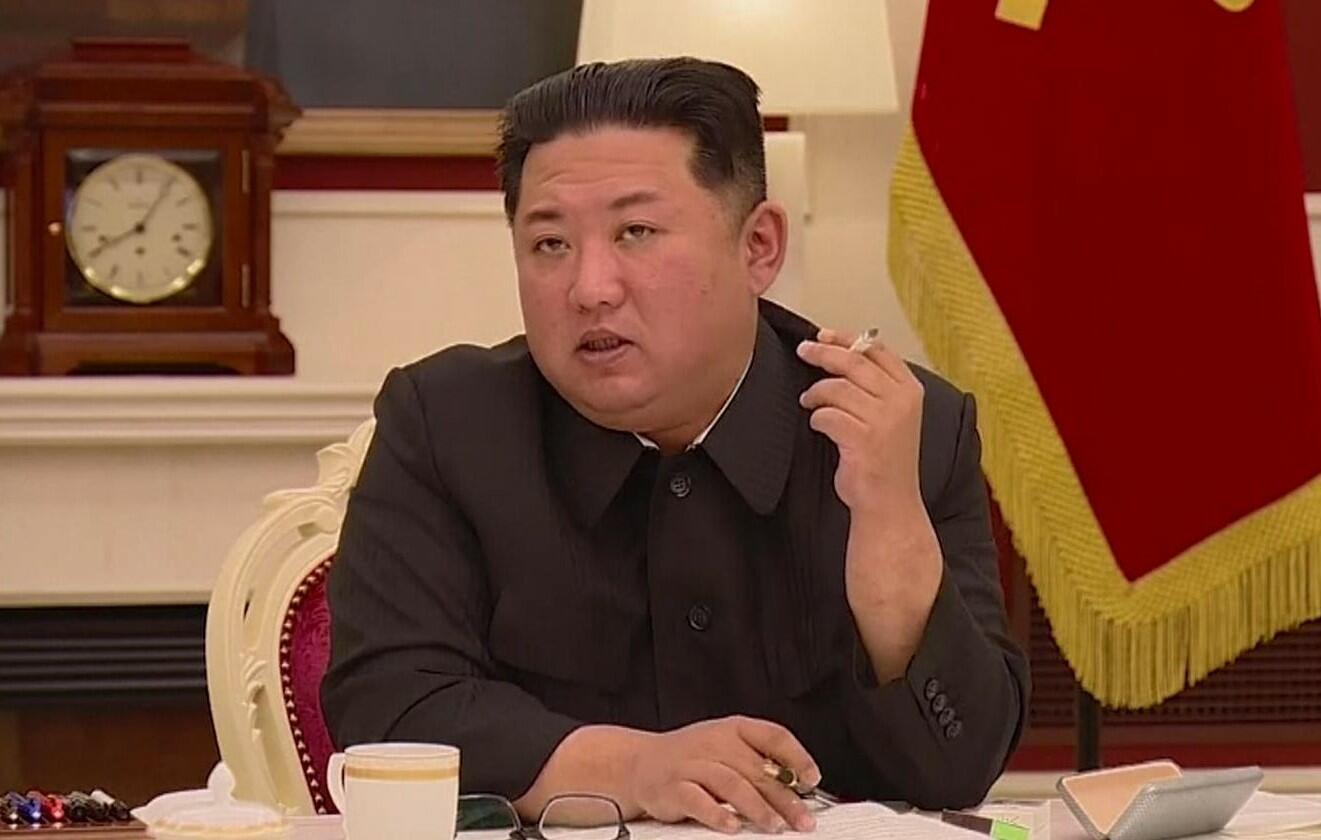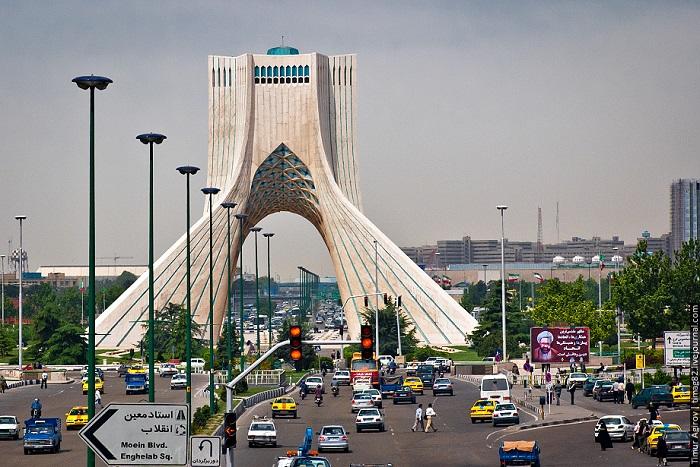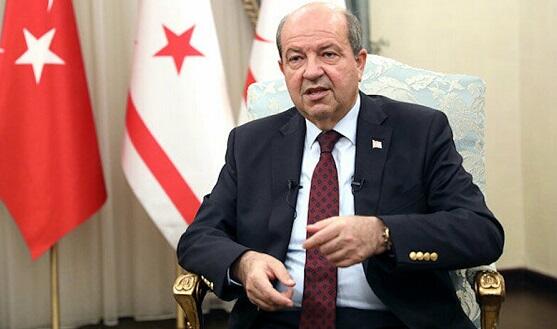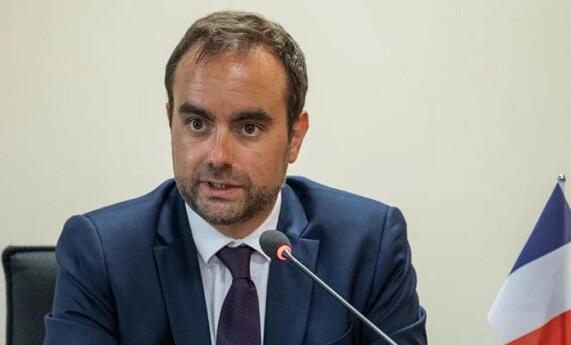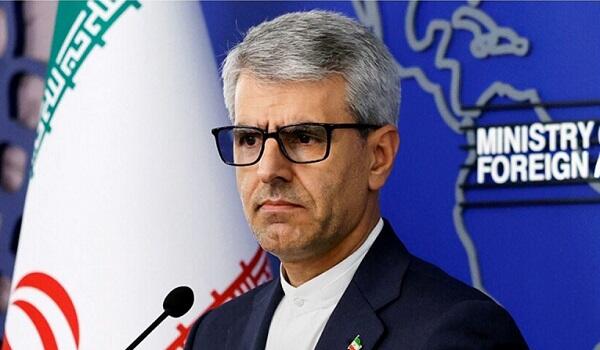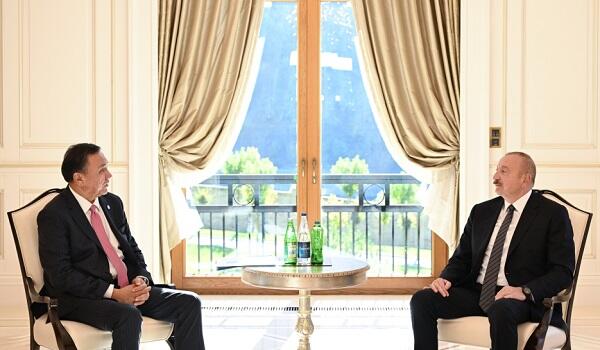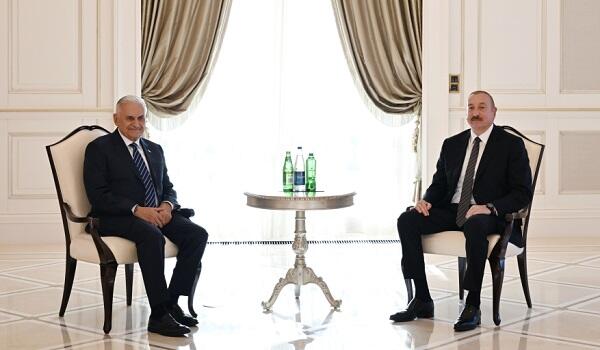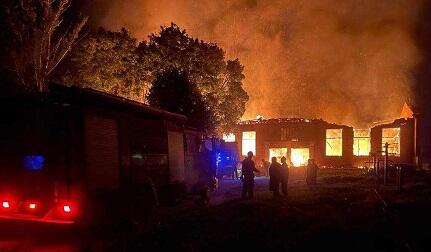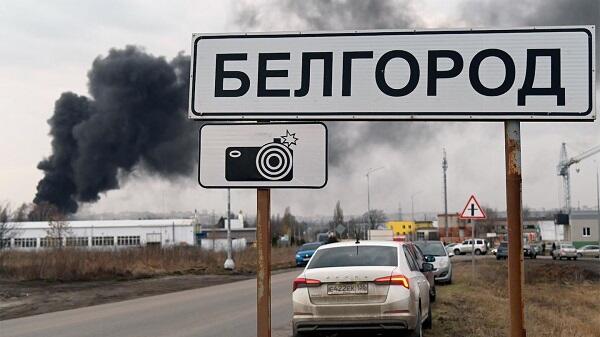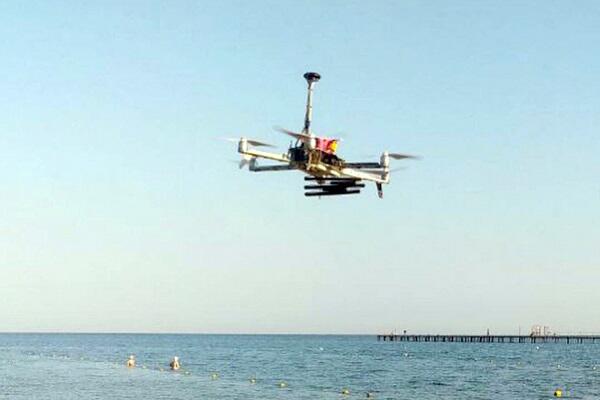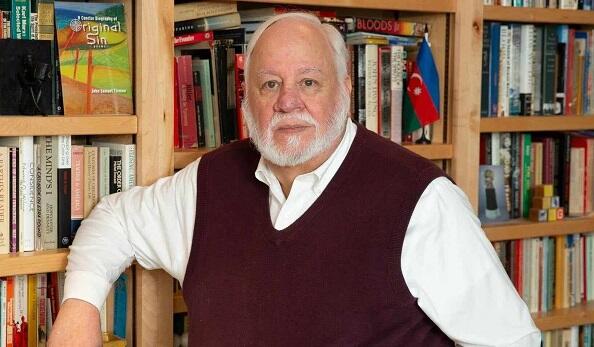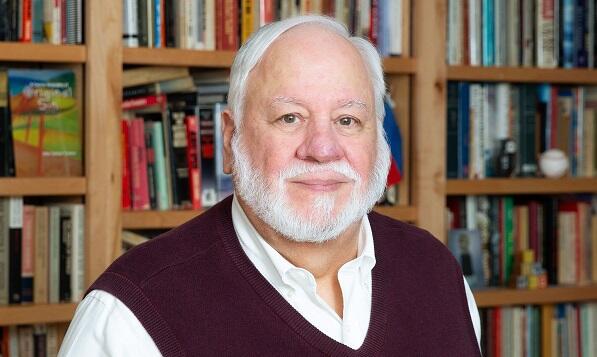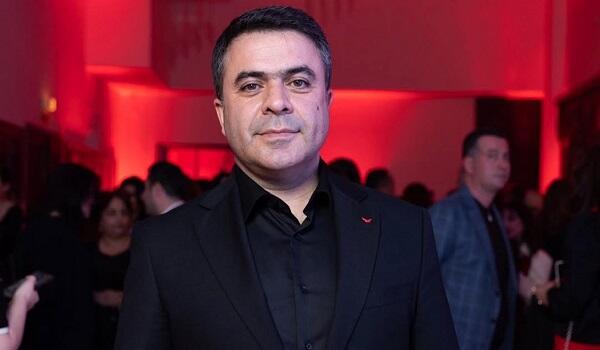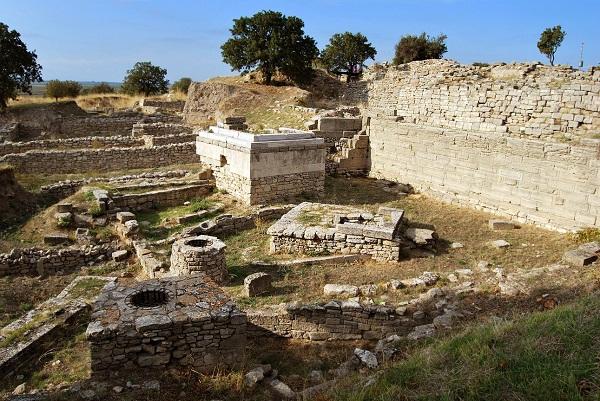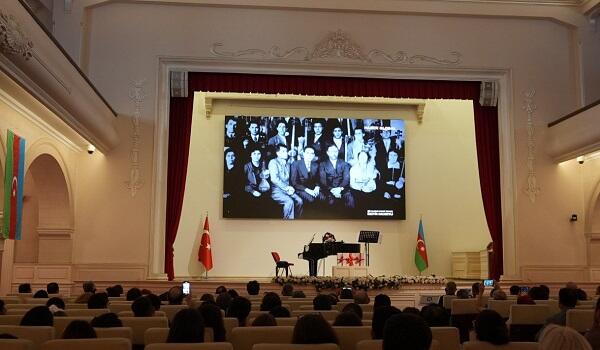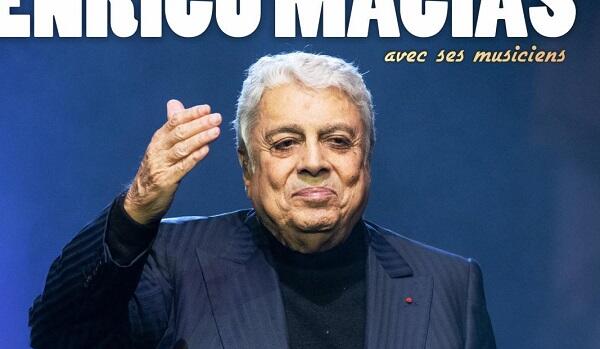Axar.az presents an article, “In English, Bob, Please” by John Samuel Tieman.
I knew a little about Robert Prevost. I first paid a bit of attention to him when he was made a cardinal. I knew he was an American. He was elevated to the Dicastery for Bishops, the department of the Roman Curia that oversees the selection of most bishops. But I didn't pay that much attention. He seemed remote, a Vatican insider. Then he was elected pope.
Then he spoke English. Not the heavily accented English of John Paul II or Francis or Benedict XVI. Robert Prevost, Leo XIII, is from Chicago. He speaks the Midlands Dialect of American English. That's my accent. That's my wife's accent. We immediately christened him “Pope Bob”.
And I wish he would speak more often in English. Leo is fluent in Italian, Spanish and English. His preferred language for public discourse is Italian. There are about 68 million Italian speakers. I wish he'd speak more often in English not because my wife and I speak English, but because about 1.5 billion people throughout the world speak it. English is, dare I say, today's lingua Franca.
But I get it. Without getting too technical, too “Inside Catholicism”, Robert Prevost was elected, first and foremost, the Bishop Of Rome. As a functional matter, it makes sense that he would use the language of his diocese. But he is also the Pontifex Maximus, the high priest of the Roman Catholic Church with its almost 1.3 billion with a “b” followers. Some argue that he is the most visible Christian in the world. When he speaks, people listen.
Last July, Pope Leo said the following about immigrants. “In un mondo oscurato dalla guerra e dall'ingiustizia, anche quando tutto sembra perduto, il loro coraggio e la loro tenacia portano una testimonianza eroica a una fede che va oltre ciò che i nostri occhi possono vedere.” Got it? "In a world darkened by war and injustice, even when all seems lost, their courage and tenacity bear heroic testimony to a faith that sees beyond what our eyes can see." He went on to say that folks everywhere should welcome immigrants and refugees as "a living witness to hope" as they show "the promise of a present and a future where the dignity of all as children of God is recognized." This he said in the middle of President Trump's mass deportations, a public policy marked by open and intended cruelty. But he said it in Italian. It was eventually translated. But the first iteration, the spoken word, was in Italian. I doubt if many outside of Italy paid any attention. It certainly didn't make much news, if it made any news in the United States.
Some fear, not without reason, that if Leo speaks in English often, he will be seen as “too American” or “typical American”. It is a risk. It's worth the risk. Why? Two reasons. First, anyone who knows America will know that a typical American is not a tri-lingual Creole mathematician from Chicago who studied canon law and holds a doctorate in theology as well as Peruvian citizenship. He's a fan of the White Sox. A pope who can explain the infield fly rule, think about that. In many ways, Leo is what's best about America. Second, and most importantly, he stands in stark contrast to the next most prominent American on the world stage, Donald Trump. It's worth the risk.
For all his erudition, Leo is known for his easy manner, his down-to-earth relatability. “A good old boy”, as we Midwesterners say. Some would view his multi-ethnic background as exotic. On the other hand, in the United States, that just makes him another “Heinz 57”, someone who is a mix of many nations. In other words, as American as my cousins who root for “da Sox”. So use it, Bob. Address the climate crisis – in English. Address Trump's cruelty to immigrants – in English. I'm not saying don't use your Spanish. I'm not saying don't speak in Italian. I'm simply saying use English more. We'll forgive you for being a White Sox fan.
